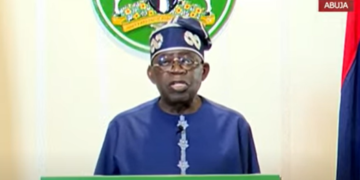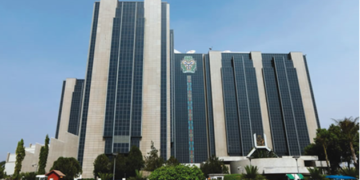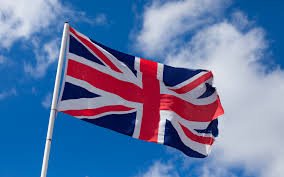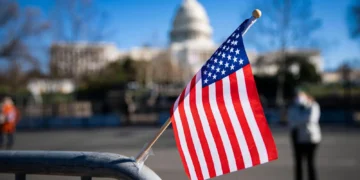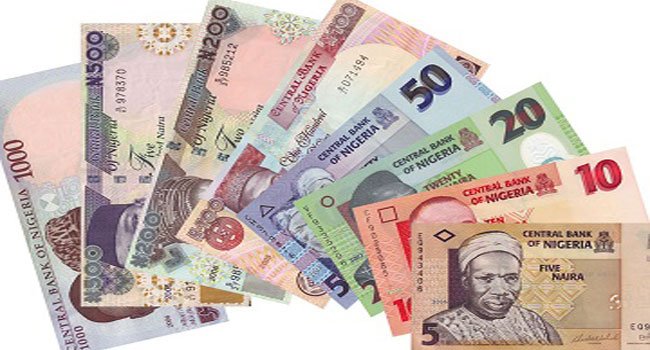The value of the naira plummeted against the dollar at the parallel market on Thursday to a new low, despite reassurances from the Central Bank Governor, Godwin Emefiele, after the Monetary Policy Committee meeting held on Tuesday.
On Thursday, the exchange rate of the naira against the dollar fell to N495/$1 from the N487/$1 it exchanged on Wednesday, according to the data available on AbokiFx – a prominent FX tracking website at the black market.
Thursday’s decline in value represents a N12.00 drop from the N483/$1 it exchanged on Tuesday.
The exchange rate against the British Pounds also declined to N635/£1 from N629/£1 it exchanged on Wednesday and N620/£1 on Tuesday.
Similarly, the rate fell to N580/€1 from N575/€1 it exchanged on Wednesday and N570/€1 on Tuesday.
Read also: Cryptocurrencies tumble as traders cash out, Bitcoin fell below $16,500
At the end of the CBN Monetary Policy Committee on Tuesday, Emefiele had said that the parallel market rate should not be used as the true measure of the value of the naira. Rather, he said that “the foreign exchange rate in Nigeria is determined by the forces of supply and demand in the Nigeria Autonomous Foreign Exchange Market (NAFEX) window.”
NAFEX
The value of the naira also fell at the Investors’ and Exporters’ FX Window on Thursday to a closing rate of N393.25/$1, compared to the opening rate of N388.15/$1, according to the data available on FMDQ.
However, the closing rate remained the same when compared to Wednesday’s closing rate at the window.
A daily turnover of $210.25 million was recorded on Thursday at the I & E Window and an intraday high of N394.00/$1and a low of N380.00/$1.
The price of oil edged higher recently, with Brent rising above $48 per barrel. Nigerian naira has been under immense pressure since the collapse of oil prices following the Covid-Pandemic as oil is the main source of the nation’s foreign exchange earnings.
The rising price of oil could bring succor to the already ailing naira.
CBN had also taken several measures to discourage hoarding and speculation in the foreign exchange market. However, speculation is not the only problem facing the forex market in Nigeria. There have been reports of huge demand backlog by manufacturers and foreign investors.
By: Ifunanya Ikueze


